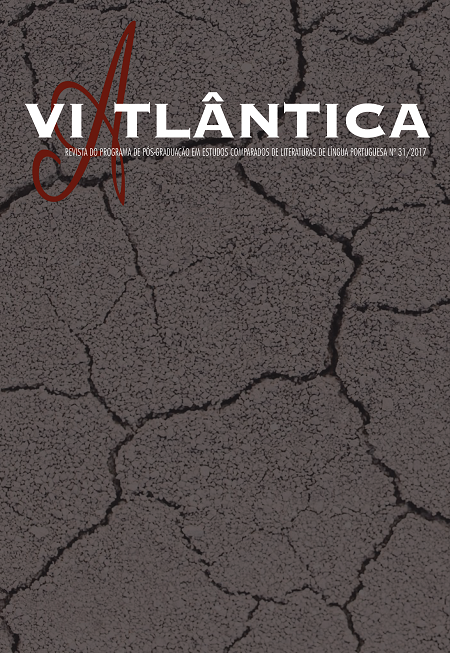Vol. 18 No. 1 (2017): Literatura e política nos países de língua portuguesa

Published:
2017-12-20

____________________________________________________________________________
____________________________________________________________________________
____________________________________________________________________________
Via Alântica uses Creative Commons Attribution 
____________________________________________________________________________
Via Atlântica follows the guidelines of the Committee on Publications Ethics (COPE) .
____________________________________________________________________________
